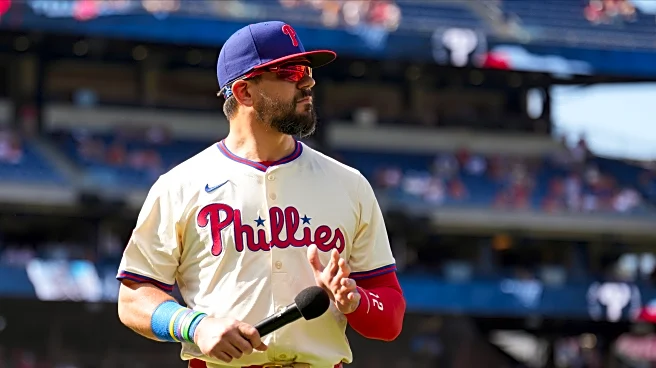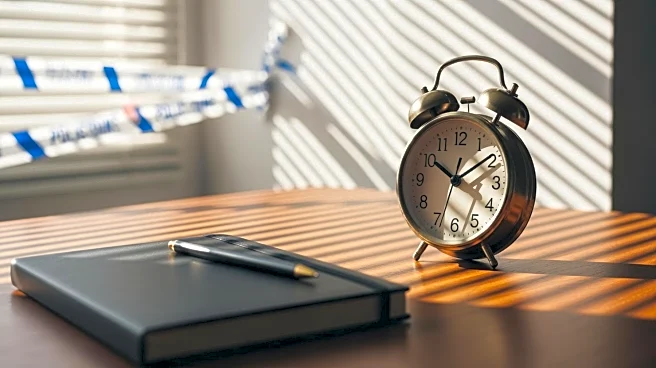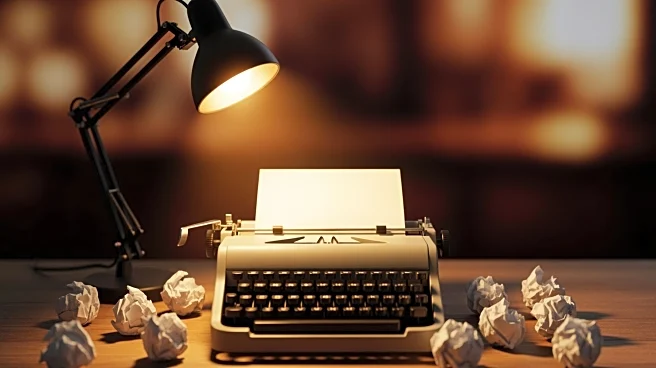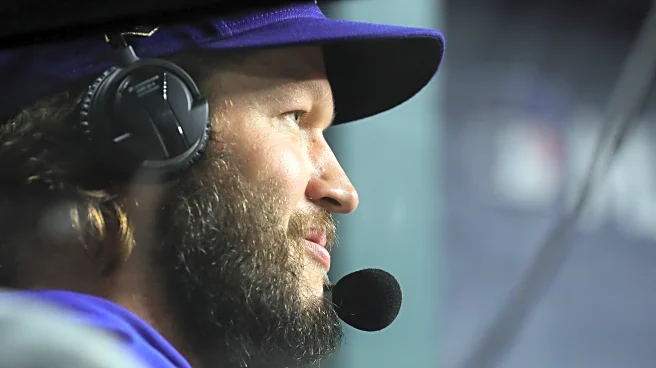For the second straight year, the Philadelphia Phillies won the National League East with a win total in the mid-90s. And for the second straight year, the season ended with a 3-1 defeat to a lower-seeded
team in the NLDS.
It isn’t a revelation to say that regular season baseball is a different animal than playoff baseball. In order to make it to the playoffs, you need to get through a 162-game season with one of the six best records in the league. And the Phillies were well equipped to do that.
The Phillies had one of the best starting rotations in baseball. Despite losing Zack Wheeler for the final part of the season, and despite a mostly lost season by Aaron Nola, they were still able to run out a starter capable of delivering a quality start – if not better – most nights. If you have enough Ranger Suarez vs. Jake Irvin type matchups in your favor over the course of a 162-game season, that’s going to result in a healthy win total.
But in the playoffs, you’re typically not facing the rotations of the Colorado Rockies or a team’s fourth or fifth starter. You’re generally going against a pretty good pitcher most nights, and the advantage the Phillies enjoyed throughout the regular season becomes minimized.
In the playoffs, you need good starting pitching, but generally, even the best starting pitchers aren’t going past the seventh inning. You also need relievers who can provide shutdown innings and escape jams with inherited runners. And the Phillies simply didn’t have enough of them.
The Dodgers didn’t either, but they found a workaround by utilizing former starters Tyler Glasnow and Rori Sasaki in relief roles. I suspect part of the Phillies’ plan at some point this season was to do something similar. Unfortunately, when they devised that plan, they probably had a healthy Zack Wheeler, an effective Aaron Nola, and possibly even a viable Andrew Painter. Perhaps if any of the three had the season the Phillies hoped for, Rob Thomson would have felt comfortable turning to Ranger Suarez in relief in game one, rather than trying to get another inning out of 40-year-old David Robertson.
Offensively, the Phillies had a strong season. They scored the fifth most runs in the National League, thanks to a league high .258 team batting average, and the second-best OPS in the league. Most Phillies fans likely believe the Phillies could have ranked even higher if they weren’t largely ineffective with runners in scoring position. And most would be surprised to learn that the Phillies were actually fifth in baseball in team OPS in those situations.
Part of this disconnect is because we tend to remember the failures in those spots more than the successes. Also, the Phillies had this weird habit of getting singles with runners on second base that failed to score a runner. (Looking at you, Alec Bohm and Nick Castellanos.)
But while their overall numbers with runners in scoring position were good, it did feel like their performance was wildly uneven. There would be games when the Phillies would strand a small village on the basepaths, and with every missed opportunity, you could just see the next batter try that much harder to get the runner home. On the other hand, there were games when they would get a big hit, and the floodgates would seem to open.
That all evens out over a full season. But it becomes a problem in the playoffs, when as we saw, scoring a lot of runs in one game, but not a lot in the others doesn’t get you very far.
Is there a way to prevent this? Probably the easiest way is to simply hit more home runs. There has been a lot of talk over the years about the Phillies trying to hit too many home runs, but I think the real problem is that they don’t hit enough of them. They ranked fifth in the NL in home runs, but a lot of that total is carried by Kyle Schwarber’s 56.
Aside from Schwarber, they had only one player hit more than 20 (Bryce Harper). Which means if Schwarber is slumping, as he was toward the end of the season and into the playoffs, home runs become scarcer. Which means, they’ve got to depend on hitting with runners in scoring position, which as mentioned, is somewhat inconsistent, and becomes more difficult due to the increased quality of pitcher they will generally face.
The Phillies have some tough decisions to make this offseason. But if they can’t add at least one strong relief arm and another power hitter, it feels like they’ll be destined for another early playoff exit in 2026.










